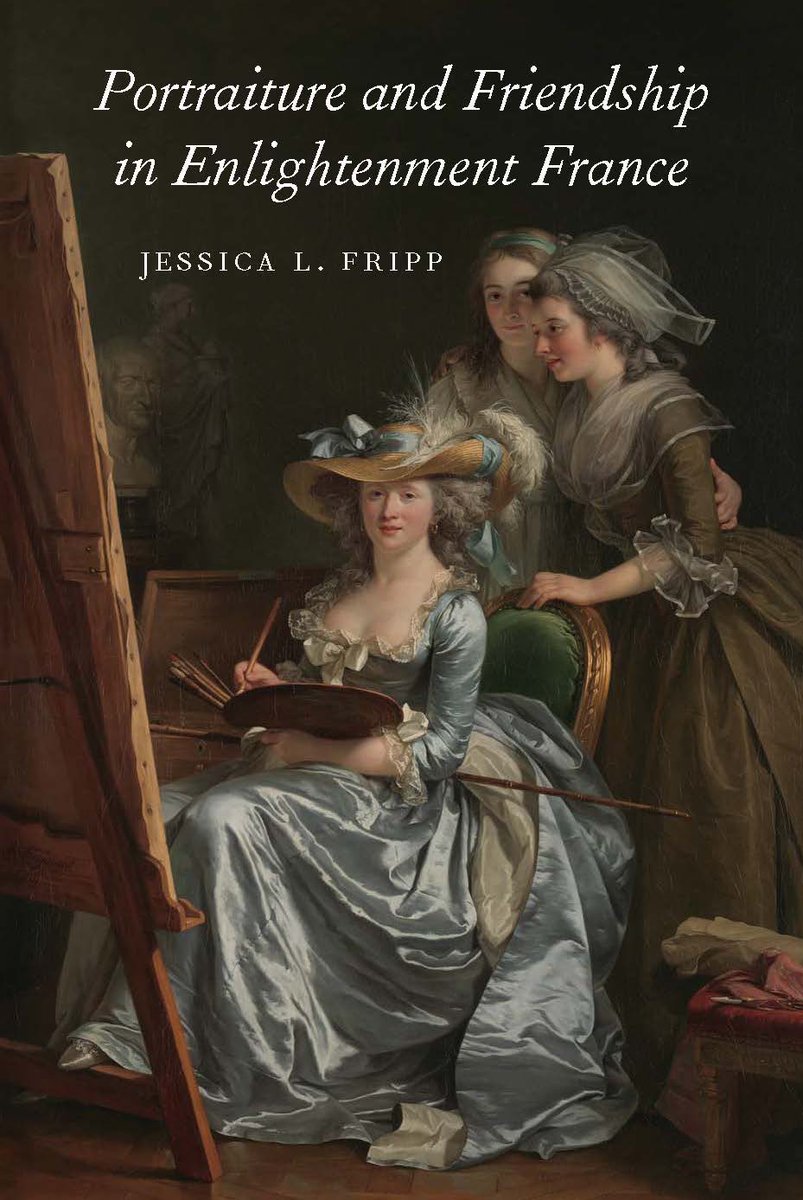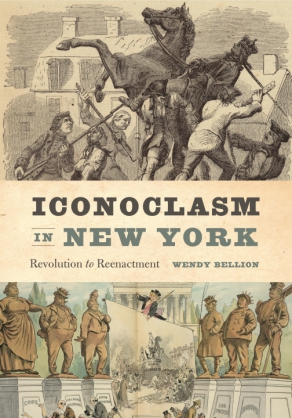Lecture | Margaret Oppenheimer, ‘Madame Jumel Collects’
Next month at the Mid-Manhattan Library:
Margaret Oppenheimer, ‘Madame Jumel Collects’
Mid-Manhattan Library, New York, 12 November 2015

Eliza Jumel, seen in a lithograph she commissioned in 1852 (Collection of the Morris-Jumel Mansion)
The amazing Eliza Jumel—raised in a brothel, indentured as a servant, and confined to a workhouse while her mother was in jail—rose to become one of the richest women in New York. Along the way, she turned herself into an art connoisseur, acquiring more than 240 paintings while living in Paris between 1815 and 1817. In this richly illustrated lecture, art historian Margaret Oppenheimer will bring Jumel’s pioneering collection back to life, discussing the paintings, their owner, and the early nineteenth-century art scene in New York and Paris. Oppenheimer is the author of the new biography The Remarkable Rise of Eliza Jumel: A Story of Marriage and Money in the Early Republic, forthcoming from Chicago Review Press on November 1.
Thursday, November 12, 6:30–8pm; admission is free.
◊ ◊ ◊ ◊ ◊
Margaret A. Oppenheimer, The Remarkable Rise of Eliza Jumel: A Story of Marriage and Money in the Early Republic (Chicago: Chicago Review Press, 2015),
352 pages, ISBN: 978-1613733806, $30.
 Eliza Jumel (1775–1865) was born in poverty in Providence, Rhode Island, and died one of the richest women in New York. During her rise from the workhouse to Paris’s place Vendôme, she acquired a fortune from her first husband, a French merchant, and nearly lost it to her second, the notorious Aaron Burr. Divorcing him promptly amid lurid charges of adultery, she lived on triumphantly to the age of ninety, astutely managing her property and public persona. After her death, a titanic battle over her estate went all the way to the United States Supreme Court . . . twice. During the decades-long fight over Eliza’s dollars, claimants adapted her life history to serve their own ends. Family members described a woman who earned the gratitude of Napoleon I and shone at the courts of Louis XVIII and Charles X. Their opponents painted a less flattering picture: they said Eliza bore George Washington an illegitimate son, defrauded her first husband, and even plotted his death.
Eliza Jumel (1775–1865) was born in poverty in Providence, Rhode Island, and died one of the richest women in New York. During her rise from the workhouse to Paris’s place Vendôme, she acquired a fortune from her first husband, a French merchant, and nearly lost it to her second, the notorious Aaron Burr. Divorcing him promptly amid lurid charges of adultery, she lived on triumphantly to the age of ninety, astutely managing her property and public persona. After her death, a titanic battle over her estate went all the way to the United States Supreme Court . . . twice. During the decades-long fight over Eliza’s dollars, claimants adapted her life history to serve their own ends. Family members described a woman who earned the gratitude of Napoleon I and shone at the courts of Louis XVIII and Charles X. Their opponents painted a less flattering picture: they said Eliza bore George Washington an illegitimate son, defrauded her first husband, and even plotted his death.
Margaret A. Oppenheimer holds a Ph.D. in art history from New York University. She is the author of The French Portrait: Revolution to Restoration (2005), the collaborating writer of the first edition of Art: A Brief History (2000), and a contributor to A Personal Gathering; Paintings and Sculpture from the Collection of William I. Koch (1996). Her articles on eighteenth- and nineteenth-century French art have appeared in Apollo, the Gazette des Beaux-Arts, the Metropolitan Museum Journal, and other publications. In her off-hours from working as a writer and copy editor, she volunteers as a docent at the Morris-Jumel Mansion in New York City, Eliza Jumel’s former home.




























leave a comment